 | Richard Hurd (bp. of Worcester.) - 1811 - 450 pages
...vestris, qui scribitis, aequam Viribus ; et versate diu, quid ferre recusent, Quid valeant humeri. cui lecta potenter erit res, Nee facundia deseret hunc, nee lucidus ordo. 41 Ordinis haec virtus erit et venus, aut ego fallor ; Ut jam nunc dicat, jam mme debentia dici Pleraque... | |
 | Richard Hurd - 1811 - 458 pages
...vestris, qui spribitig, aequam Viribus ; et versate diu, quid ferre recusent, Quid valeant humeri. cui lecta potenter erit res, Nee facundia deseret hunc, nee lucidus ordo, 41 Ordinis haec virtus erit et venus, aut ego fallor ; Ut jam nunc dicat, jam nunc debentia dici Pleraque... | |
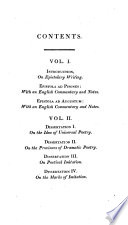 | Richard Hurd - 1811 - 458 pages
...vestris, qui scribitis, aequatn Viribus ; et versate diu, quid ferre recusent, Quid valeant humeri. cui lecta potenter erit res. Nee facundia deseret hunc, nee lucidus ordo. 41 Ordinis haec virtus erit et verms, aut ego fallor ; Ut jam nunc dicat, jam nunc debentia dici Pleraque... | |
 | John Walker - 1811 - 568 pages
...author, in his treatise de Arte Poetica, lays down amongst his other rules, the following maxim : i Cui lecta potenter erit res, Nee facundia deseret hunc, nee lucidus ordo. HOR. AP 40w He says, that if the future poet would always chuse a subject, that should be within his... | |
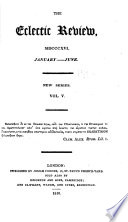 | Samuel Greatheed, Daniel Parken, Theophilus Williams, Josiah Conder, Thomas Price, Jonathan Edwards Ryland, Edwin Paxton Hood - 1816 - 678 pages
...we attend to the different branches of his subject, by the light of the Roman critic's rule : — ' cui lecta potenter erit res, ' Nee facundia deseret hunc, nee lucidus ordo ;' vie shall be enabled to make the requisite distinction. There nre two points of view, in which he... | |
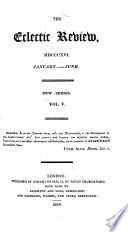 | 1816 - 658 pages
...the head of religion, as we shall treat it at large hereafter, we shall say no more at present. — ' cui lecta potenter erit res, ' Nee facundia deseret hunc, nee lucidus ordo ;' we shall be enabled to make the requisite distinction. There are two points of view, in which he... | |
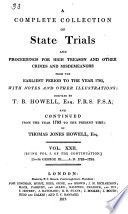 | 1817 - 650 pages
...and in this place, or a passage from a profane writer of antiquity might have informed him, that • Cui lecta potenter erit res Nee facundia deseret hunc nee lucidus ordo. Rejecting, however, as he does, every thing that savours of heathen lore, he might still nave availed... | |
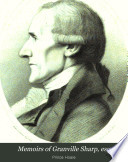 | Prince Hoare - 1820 - 634 pages
...Congregational Courts" to Mr. Pitt, in 1784 J; and, in a letter also " to the Right Hon. Spencer Perceval, " cui lecta potenter erit res, Nee facundia deseret hunc, nee lucidus ordo." — Hon. de Art. Poet. t Not published. I It was accompanied with the following introductory note.... | |
 | Horace - 1828 - 760 pages
...88. v. 38 — 44. (futtrtnm PraeViribus, et vérsate diu, quid ferre récusent, Quid valeant humeri. Cui lecta potenter erit res, Nee facundia deseret hunc, nee lucidus ordo. Ordinis haec virtus erit et Venus, aut ego iallor, Vt iam nunc dicat iam nunc debentia dici, Pleraque... | |
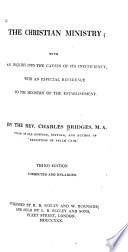 | Rev. Charles BRIDGES - 1830 - 696 pages
..." much more, if the Lord means to employ this habit in his service, 1 Wilkins' Eccles. p. 203. • Cui lecta potenter erit res, Nee facundia deseret hunc, nee lucidus ordo — Verbaque provisam rem non invita sequuntur. Hor. de Arte Poet. ' Whose mind soever is fully possessed... | |
| |